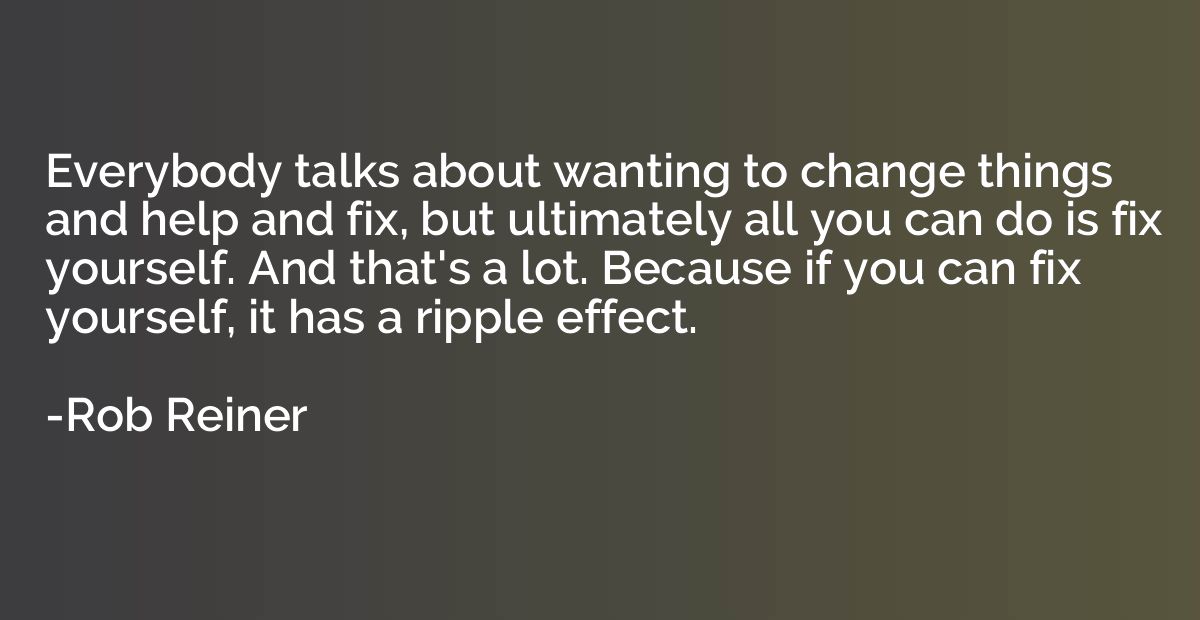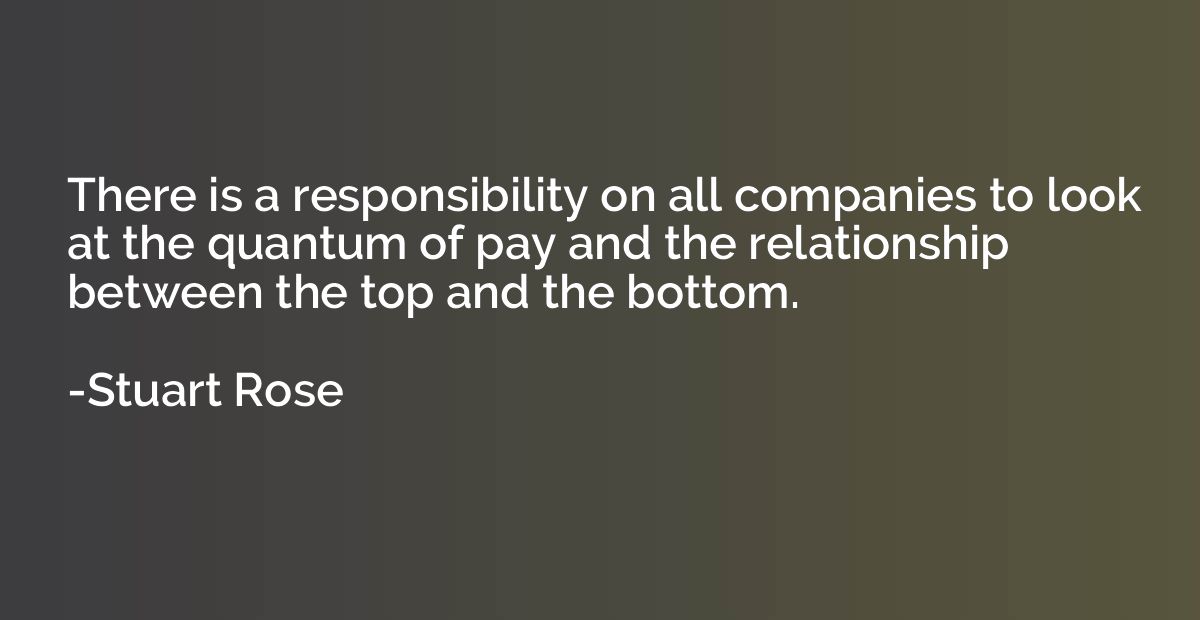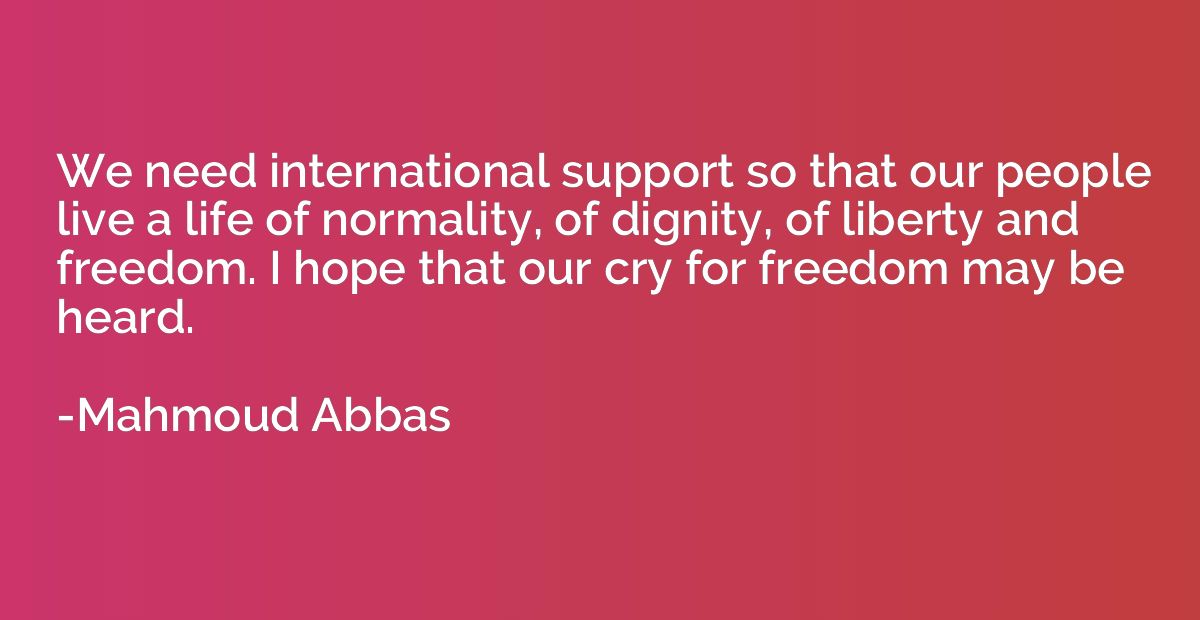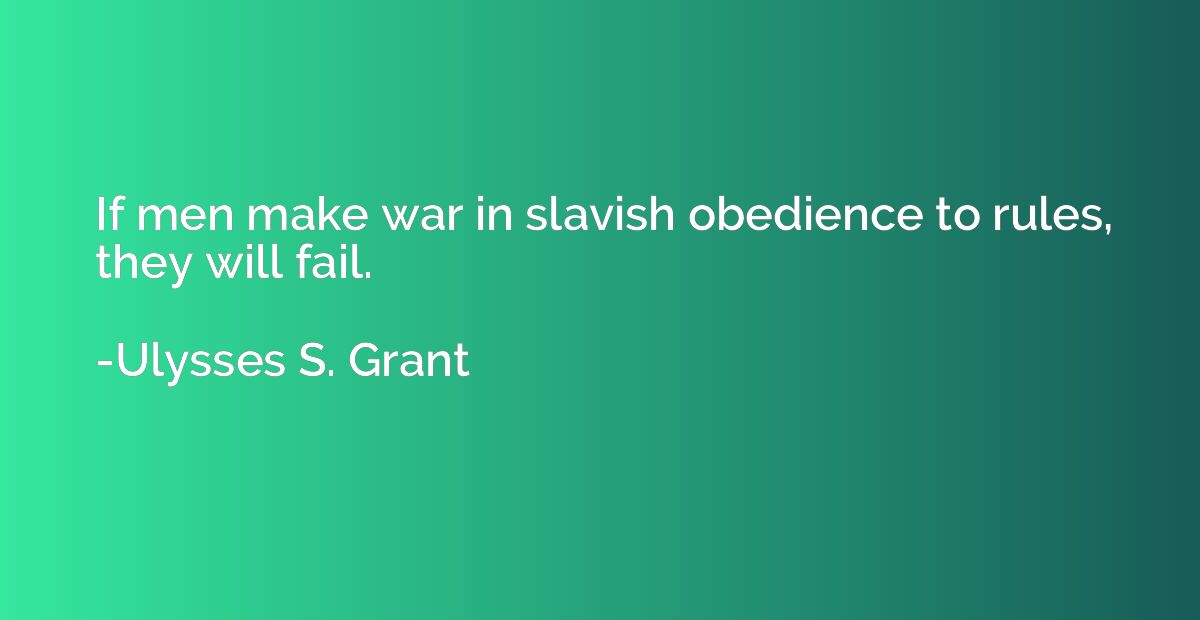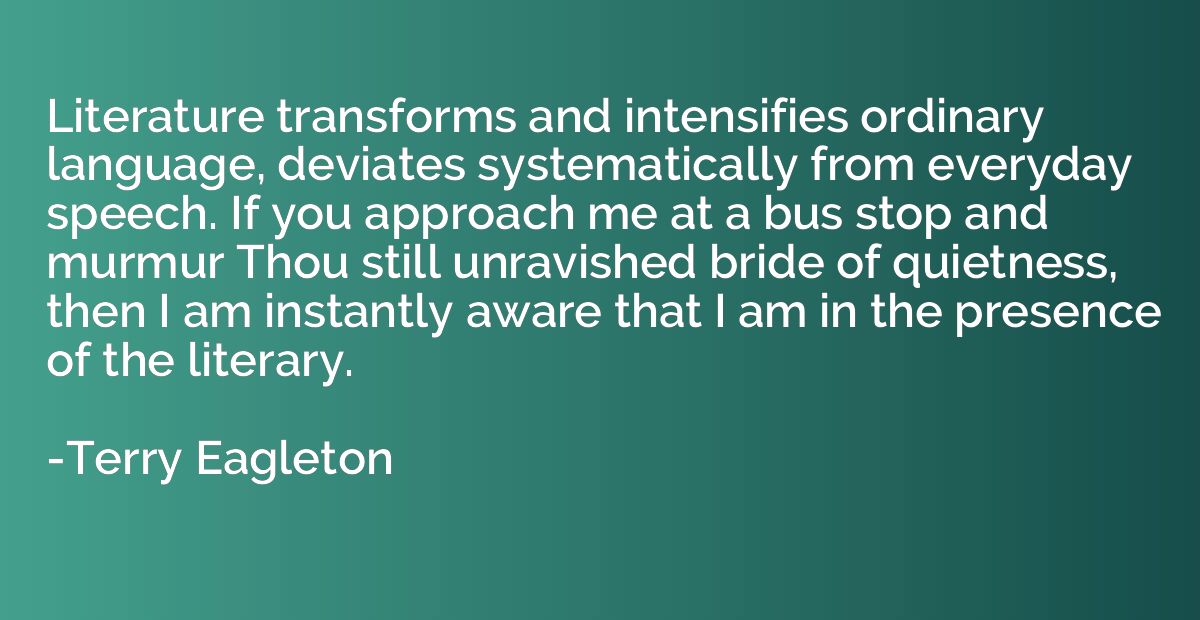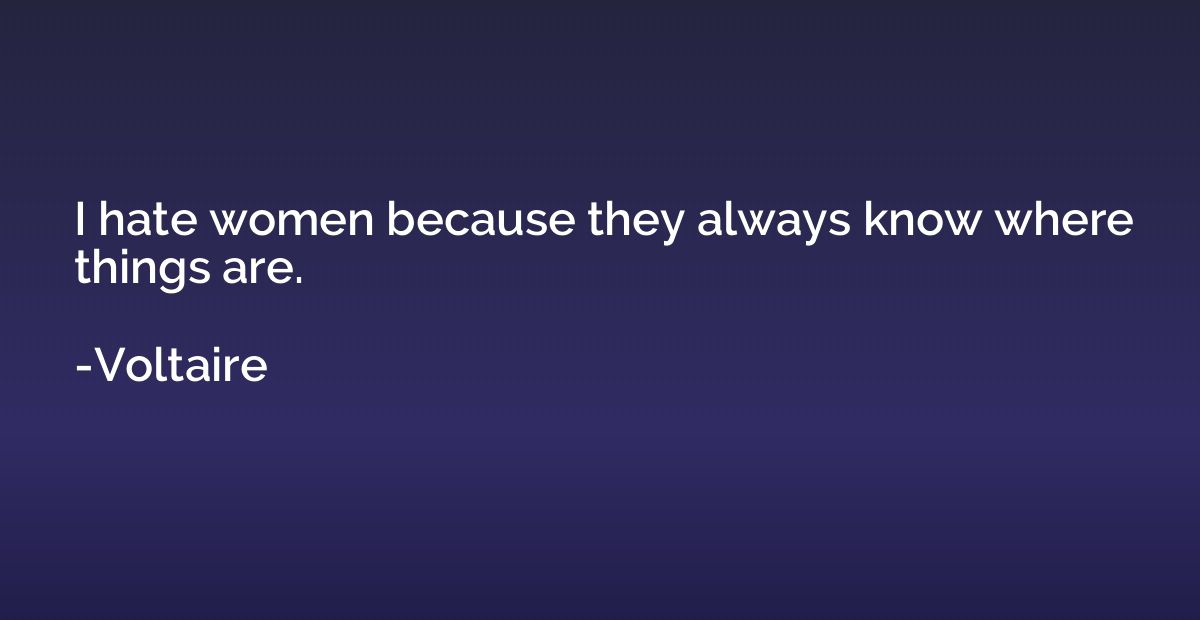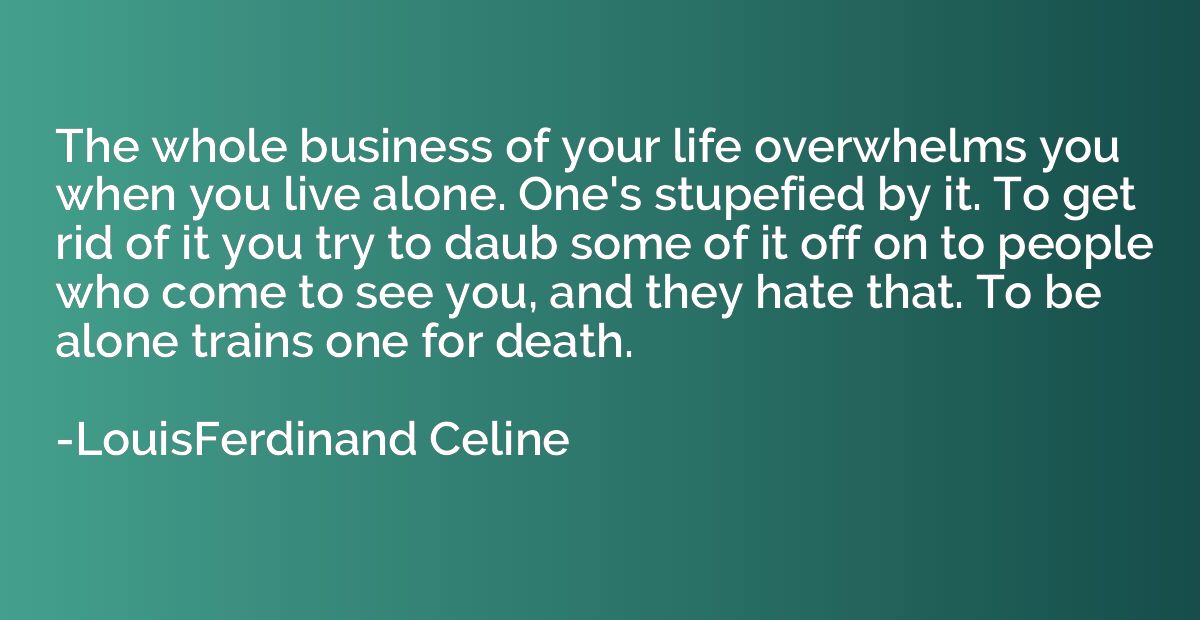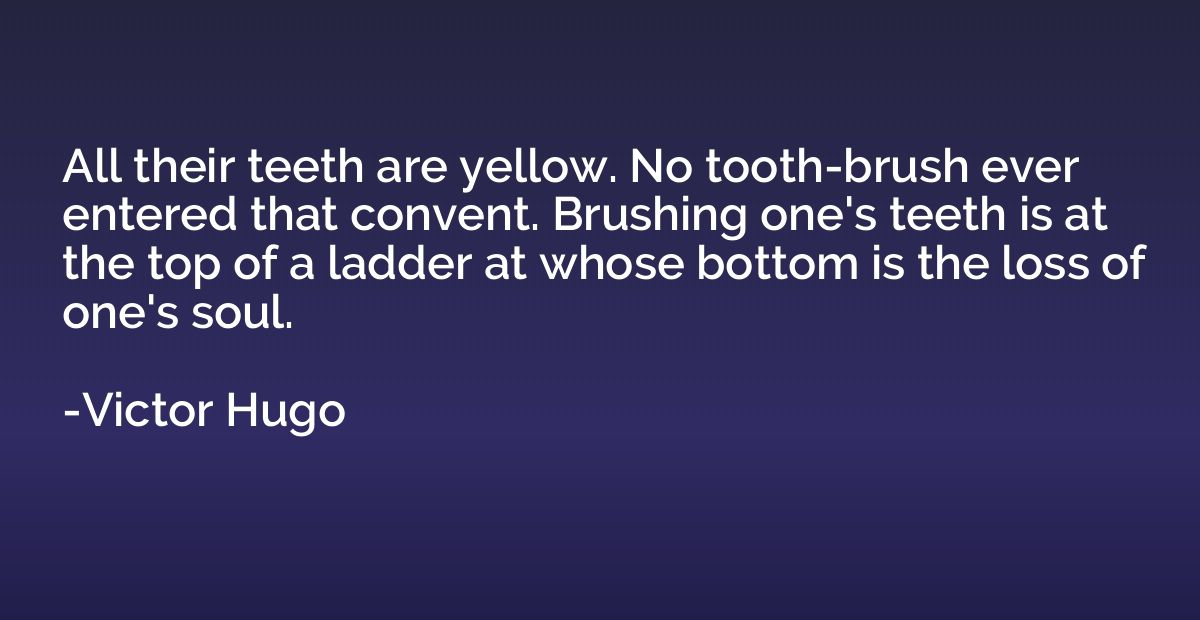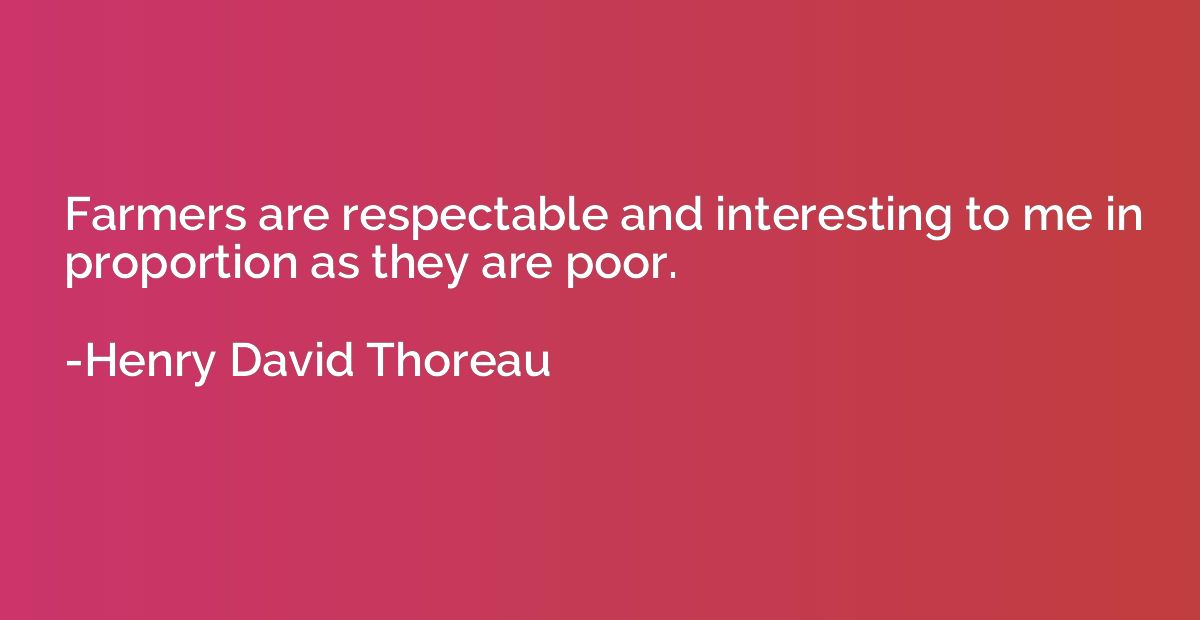Quote by Steven Pinker
There has to be innate circuitry that does the learning, that creates the culture, that acquires the culture, and that responds to socialization.
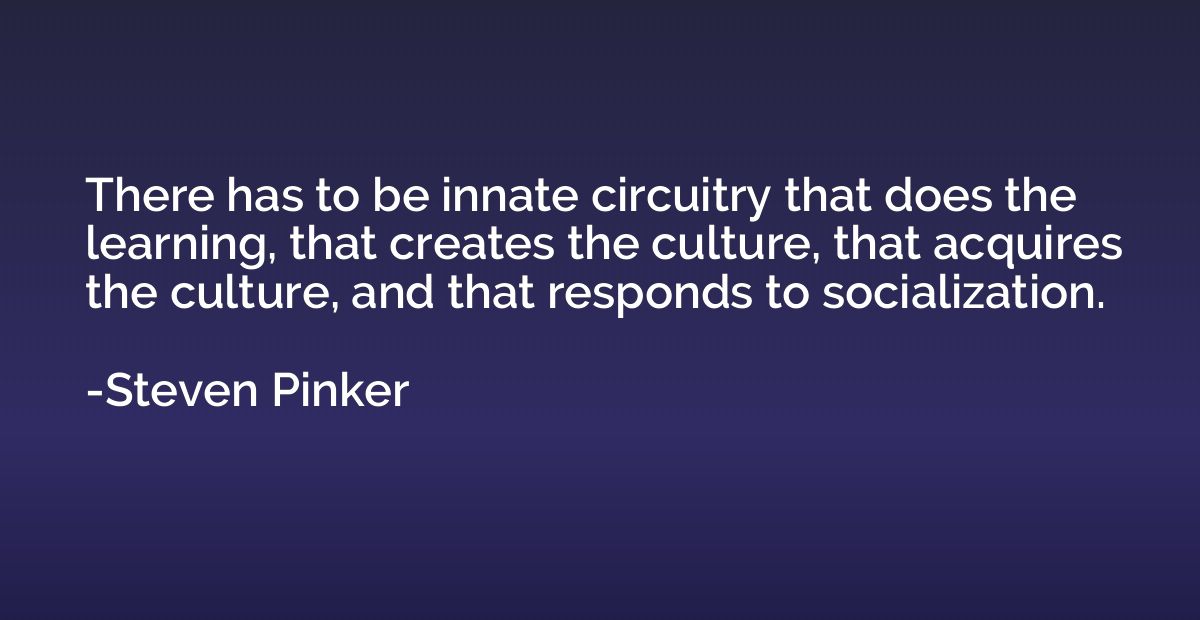
Summary
This quote suggests the existence of an inherent system within individuals which facilitates learning, cultural development, acquisition, and the ability to adapt to socialization. It proposes that there is an intrinsic circuitry or framework in place that enables humans to absorb and internalize societal norms, values, and behaviors. It implies that this internal mechanism plays a crucial role in shaping one's understanding, growth, and ability to engage with the surrounding culture and social environment.



